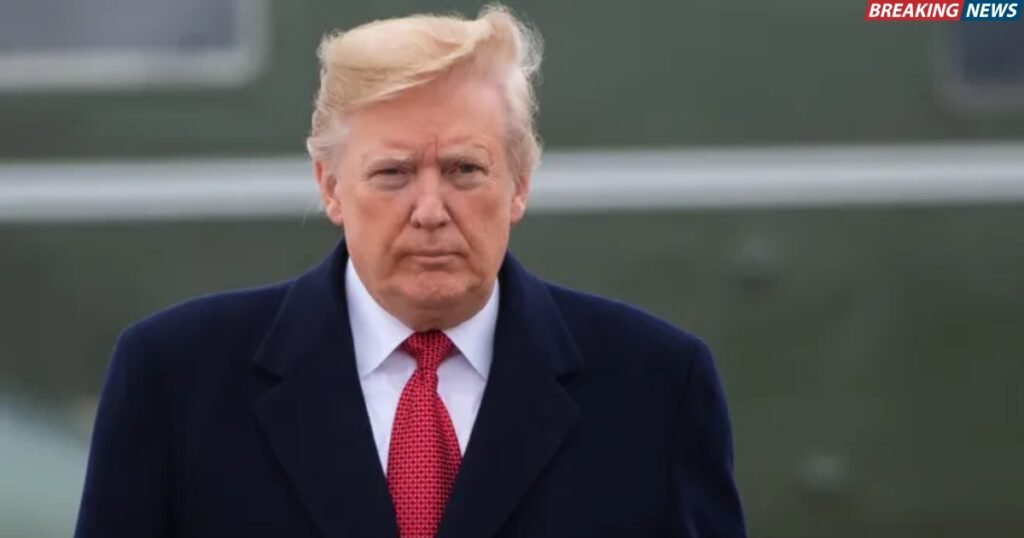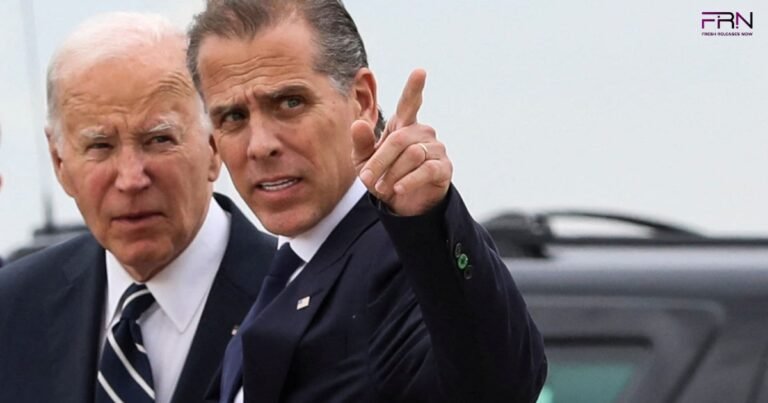
President Trump has expanded the U.S. travel ban, fully prohibiting entry from 12 countries and placing partial restrictions on 7 others. The move, aimed at strengthening national security, has sparked global reactions and legal challenges. Furthermore, critics question its motives and fairness, while supporters view it as a necessary protective measure. Let’s look into the breakdown of the new policy and its implications.
Which Countries Are Fully Banned From Entry?
As of June 4, 2025, President Donald Trump signed a proclamation barring foreign nationals from 12 countries from entering the United States due to national security concerns. The enforcement of this travel ban is set to start at 12:01 a.m. on Monday, June 9, 2025. The countries fully banned from entry are Afghanistan, Bhutan, Cuba, Iran, Libya, North Korea, Somalia, Sudan, Syria, Venezuela, Yemen, and Chad.
What is the rationale behind such a move? The Trump administration cited national security concerns as the primary reason for the expanded travel ban. A recent incident involving a firebombing attack in Colorado allegedly carried out by an Egyptian national who overstayed his visa was highlighted as a catalyst for the decision. Thus, the administration argues that these countries either lack adequate security screening processes or fail to cooperate sufficiently with U.S. authorities, posing a risk to public safety.
White House Justifies Travel Ban as a Security Measure
The White House has justified the recent expansion of the U.S. travel ban as a necessary measure to safeguard national security and public safety. President Donald Trump signed the decision to ban 12 countries. Such a decision follows a comprehensive review mandated by Executive Order 14161. It aimed to identify nations with inadequate screening and vetting protocols. The reasons cited by the administration on travel restrictions are:
- Inadequate Vetting Procedures: Some countries lack robust systems to verify the identities of their nationals or to share pertinent information with U.S. authorities.
- High Visa Overstay Rates: Nations with significant numbers of their citizens overstaying U.S. visas were highlighted as concerns.
- Failure to Repatriate Nationals: Certain countries have historically been uncooperative in accepting the return of their nationals who are subject to removal from the U.S.
In a statement, President Trump emphasised the need for vigilance:
“The United States must ensure that admitted aliens and aliens otherwise already present in the United States do not bear hostile attitudes toward its citizens, culture, government, institutions, or founding principles.”
There were certain responses to all the recent events. The administration pointed to a recent incident where a firebombing attack in Boulder, Colorado, was allegedly carried out by an Egyptian national who overstayed his visa. Such an incident led to a catalyst for the renewed travel restriction. Although Egypt is not among the countries listed in the ban, the event underscored concerns about visa overstays and insufficient vetting.
Global Reactions to the Expanded U.S. Travel Ban
The global response to President Donald Trump’s expanded U.S. travel ban has been swift and multifaceted. Thus encompassing diplomatic protests, public backlash, economic concerns, and legal challenges.
1. Diplomatic Protests and Governmental Responses
Several affected nations have condemned the ban, viewing it as discriminatory and damaging to international relations. For example, Somalia pledged to address U.S. concerns but criticized the abruptness of the policy. Furthermore, Venezuela labelled the restrictions as politically motivated, asserting that they undermine diplomatic ties.
In the Caribbean, countries like Dominica, Antigua and Barbuda, and St. Kitts and Nevis expressed alarm over potential inclusion in the ban. They are concerned about their Citizenship by Investment (CBI) programs. These nations have sought clarification from the U.S. and emphasized their commitment to the rigorous vetting process.
2. Canada Boycott and Travel Advisories
Canada has experienced a shift in public sentiment, leading to a widespread boycott of travel in the U.S. Surveys indicate that nearly half of Canadians have cancelled or reconsidered trips. Therefore, resulting in an estimated $3 billion CAD economic loss for the U.S. Airlines have reduced transborder flights, and duty-free shops report sales declines of up to 50%.
Additionally, European countries such as Germany, The U.K., Denmark, and Finland have issued travel advisories. They are warning citizens about detentions and deportations coupon entry to the U.S. Specific concerns have been raised for transgender travellers due to recent U.S. policy changes.
3. Economic and Tourism Impact
The travel ban has had immediate repercussions on the U.S. tourism industry. Foreign arrivals are projected to decline by 5.1% in 2025, reversing previous growth forecasts. Major cities like New York have already seen a drop in hotel bookings and online searches, particularly from Canadian and European tourists.
Business travel is also affected, with organizations reconsidering hosting events in the U.S. due to visa uncertainties and backlashes. The World Tourism Forum Institute warns that these trends could reshape the U.S. tourism sector for years to come.
Legal Challenges Expected Over New Travel Restrictions
The recent expansion of the U.S. travel ban by President Trump has sparked a wave of legal challenges from civil rights organizations, immigration advocates, and legal experts.
- ACLU’s Legal Action: Orr v. Trump: The American Civil Liberties Union (ACLU) has filed a lawsuit titled Orr v. Trump, arguing that the travel ban is arbitrary and capricious. The lawsuit contends that the policy violates the Due Process Clause and the Equal Protection Clause of the U.S. Constitution. It also violates the First Amendment rights of transgender and nonbinary individuals by compelling speech through passport designations.
- Invocation of the Alien Enemies Act and Subsequent Lawsuits: In a related move, President Trump invoked the Alien Enemies Act to expedite the deportation of certain migrants, leading to legal challenges. The ACLU and Democracy Forward filed a class-action lawsuit, J.G.G. v. Trump, representing Venezuelan nationals detained under this proclamation. A federal judge issued a temporary restraining order, highlighting concerns over due process violations.
- Historical Context and Supreme Court Precedent: The current legal battles echo past challenges to travel restrictions. In 2018, the Supreme Court upheld a previous version of Trump’s travel ban in 5 to 4 decisions. Thus citing the president’s broad authority under the Immigration and Nationality Act. However, critics argue that the new ban’s expanded scope and the inclusion of additional countries may present fresh constitutional concerns. Thus, it highlights concerns about discrimination and equal protection.
Conclusion
The expanded U.S. travel ban under President Trump has triggered intense global backlash, legal challenges, and economic concerns. While the administration defends it as a national security measure, critics argue it risks civil liberties and international relations. Thus, the coming months will determine its legal standing and long-term global impact.


